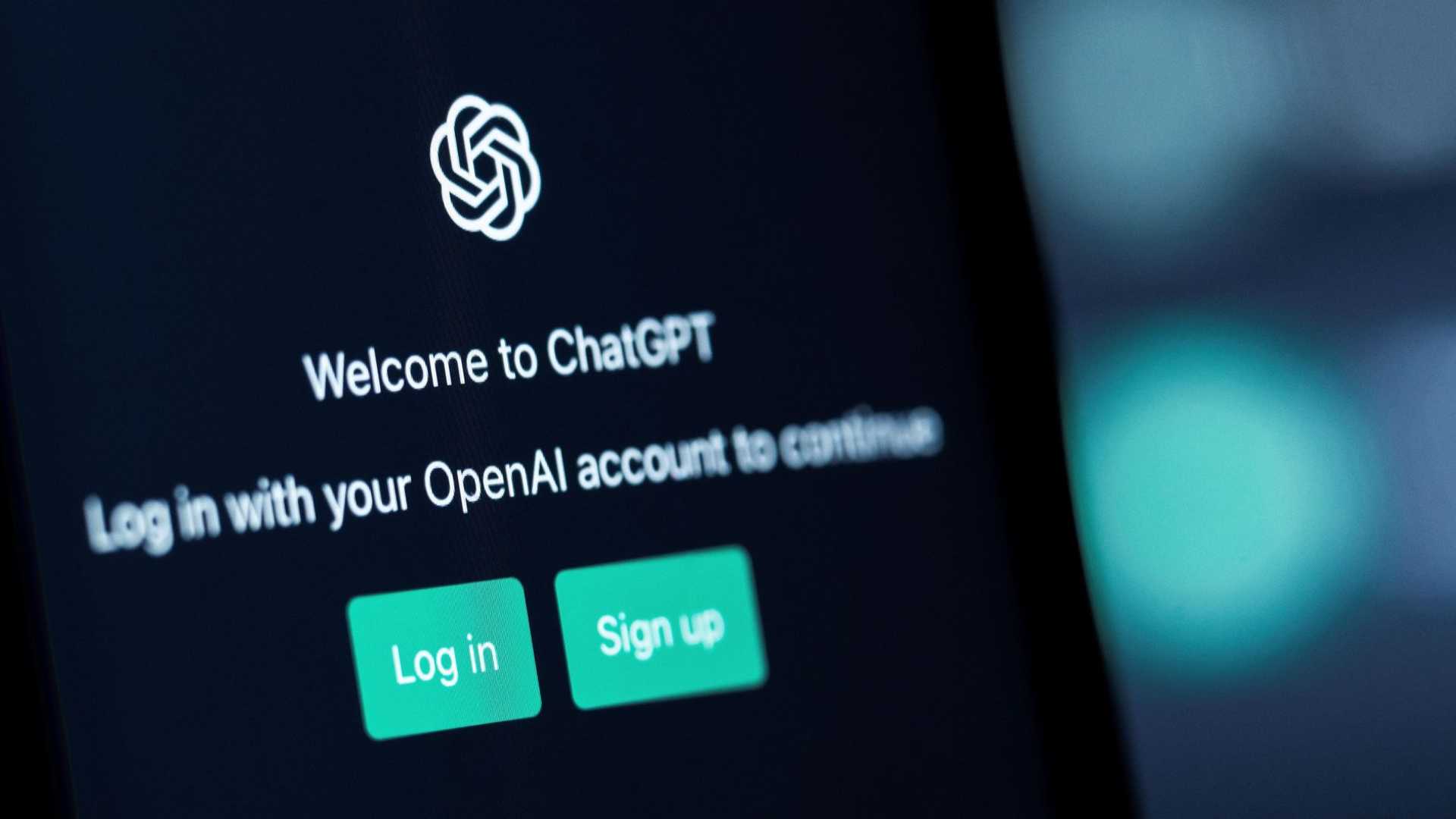ChatGPT and AI Will Make Humans More Necessary, Not Replace...
The development of artificial intelligence (AI) is advancing at an unprecedented rate, and it has left many people astonished, including industry insiders. It is now possible for large language models, which are computer programs trained using massive corpus of text, to generate human-like prose. Generative AI programs, such as ChatGPT4 developed by OpenAI, can summarize analyses on various topics, write computer code, produce art, and even give legal opinions. However, the future that many have predicted with great excitement has also left many with worries about the potential impact on humanity.
Last month, a group of tech-sector officials, policymakers, and scientists signed an open letter calling for a six-month moratorium on the production of new generative AI models. The signatories are concerned about the effects and risks of AI systems. If private AI labs do not voluntarily observe the moratorium, the signatories request that governments step in and institute a moratorium. Their goal is to develop safeguards for programming future AI systems, ensuring their positive effects and manageable risks.
However, the concern that AI may replace humans is not entirely warranted. AI systems will not replace human beings; rather, they will make us more necessary. As AI systems continue to advance, it will create new opportunities and jobs for humans that will require skills and abilities that are unique to humans. For example, an AI system can analyze data and provide insights, but it cannot replace the human ability to have empathy or understanding. Furthermore, AI systems will not be able to replace human judgment and creativity. Therefore, it is crucial to acknowledge that the integration of AI into our lives will increase the importance of human contributions to areas where AI is not capable of contributing.
In conclusion, the development of AI has brought about both excitement and worries. However, the concern that AI systems will replace humans is unwarranted. Instead, we should focus on investing in opportunities that AI will create and reskilling the workforce to prepare them for these opportunities. AI systems will make humans more necessary, not replace them.




















